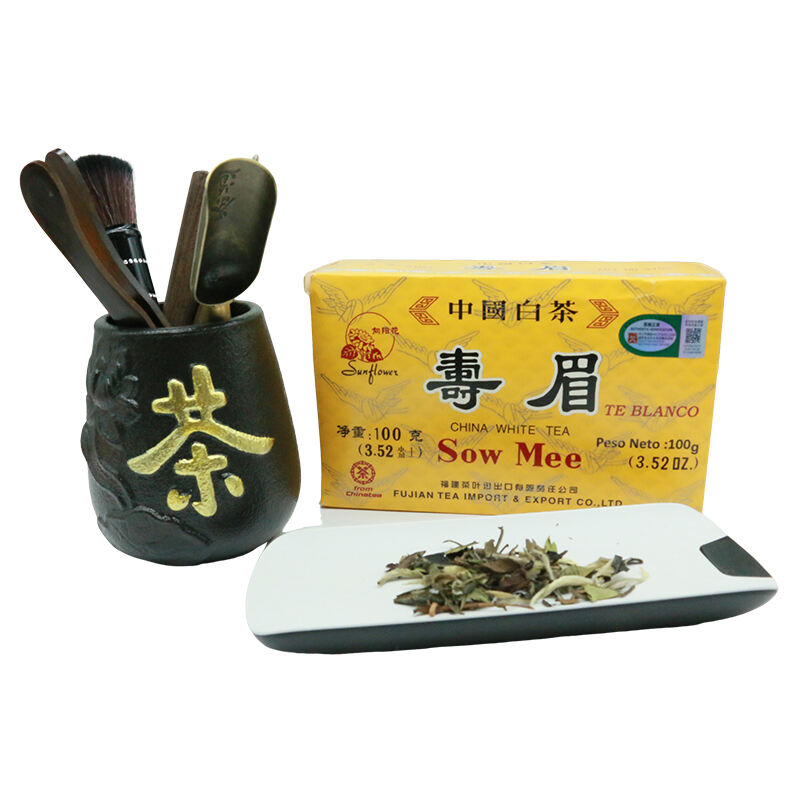
China Tea: Understanding White Tea Varieties
China Tea explores the five main white tea varieties—Silver Needle, White Peony, Tribute Eyebrow, Eastern white pine needle tea, and Gongmei. Learn how picking time, leaf age, and minimal processing define flavor profiles from delicate floral to light honeyed notes.